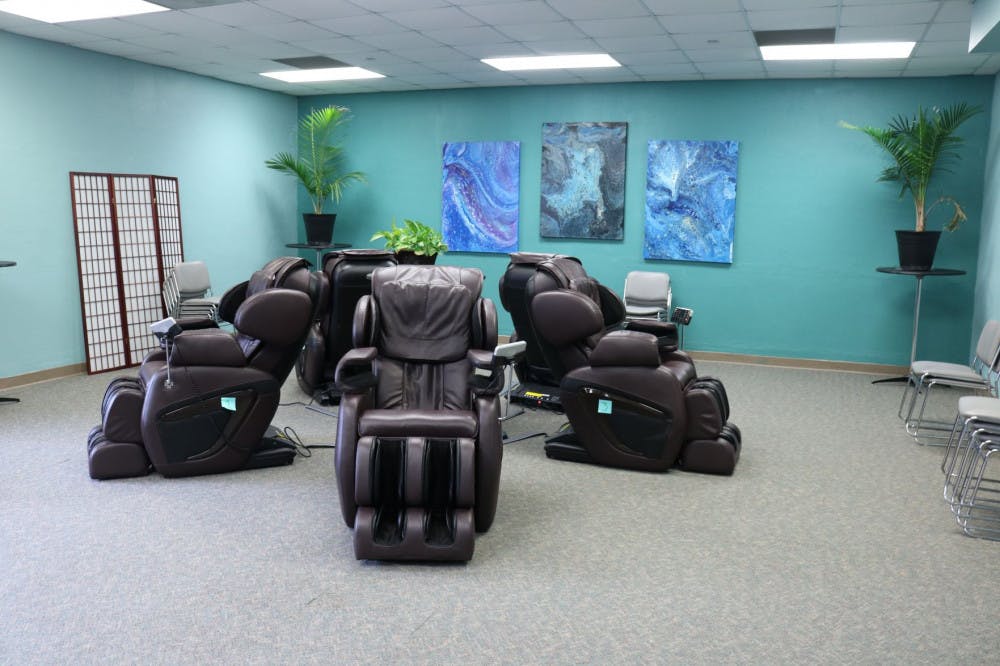Over 85 percent of students felt overwhelmed by college, and 33 percent attributed anxiety to hindering their school performance, according to a study by the American College Health Association in 2015.
College students are in a transitional period to adulthood and have to balance many different parts of their life. Learning how to manage one’s stress during college can assist students to transfer into a career and the expectations of that work environment, Victoria Jones, mental health counselor at the University of Memphis counseling center, said.
“Our campus particularly has a great number of nontraditional students who have to balance their school responsibilities, full-time or part-time work, family commitments and extracurricular activities,” Jones said.
There is significant research from the American Psychological Association (APA) showing mindfulness meditation can help students who struggle with anxiety and depression and also “decrease rumination (or repetitively going over a thought or problem without coming to a solution), minimize stress, increase relationship satisfaction, enable better focus and many other benefits,” Jones said.
Students had higher levels of concentration after seven weeks of mindfulness meditation, relative to a control group, according to a 2014 study published in the “Frontiers in Human Neuroscience Journal” from the University of Miami.
“The practice of mindfulness is simply put as a person bringing their awareness to the present moment and working to focus on the here and now rather than the present or the future,” Jones said.
Buddhist monk and author Bhante Gunaratana said it takes “grit, determination and discipline” to meditate consistently, in his book “Mindfulness in Plain English”. Since its first publication in 1994, the book has become a resource for anyone practicing mindfulness.
Mindfulness purifies the mind by taking away different “psychic irritants,” such as hatred or jealousy, according to Gunaratana.
Gunaratana also said meditation itself is not a cure for all problems, but long-term habitual practice can promote beneficial behaviors, thoughts and habits.
There are many different styles of meditation, such as verbal guided meditation, progressive muscle relaxation, yoga, tai chi and practicing mindfulness. Jones recommends mindfulness meditation because it is the easiest meditation method to practice and can be done alone.
There are many free applications available for smartphone users to help them practice mindfulness meditation. Among these, Jones suggested “Calm,” “Mindshift” and “Stop, Breathe, & Think.”
Jones coordinates the operations of the university’s Relaxation Zone that offers programs teaching guided meditation, breathing techniques and mindfulness. The Relaxation Zone also has stress reduction coloring and an interactive zen garden where students can practice mindfulness in a quiet place while relieving muscle tension with massage chairs.
The Relaxation Zone provides students with massage chairs to relieve muscle tension while they meditate. Students can visit the facility at 302 Brister Hall from 9 a.m. to 4 p.m. Monday through Friday.
Students can find an interactive zen garden in the Relaxation Zone. The facility also offers markers and crayons for coloring to relax and meditate.




